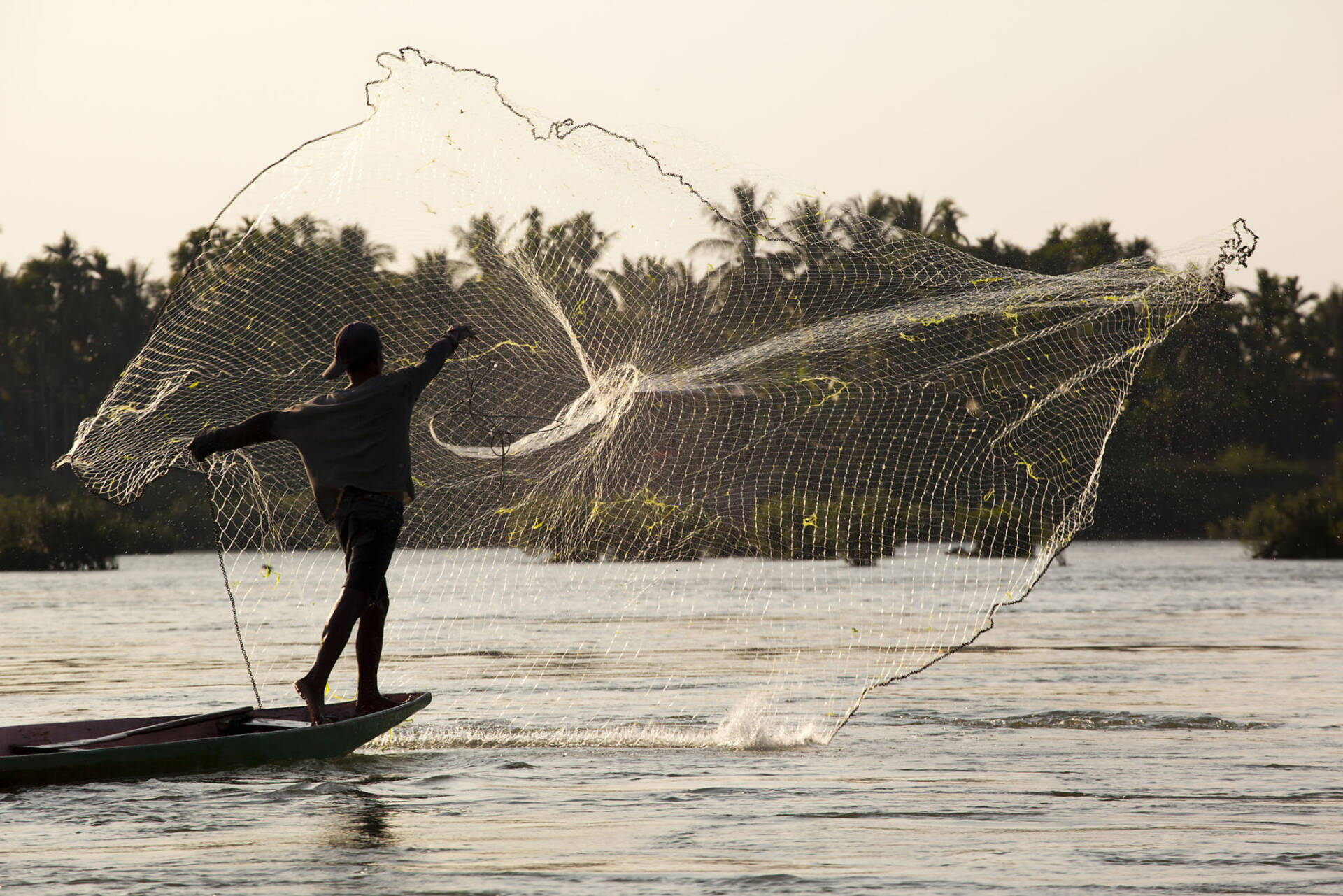
The project, which was launched in 2009, has increased the number of conservation areas to 262. Fishing is banned in 144, while the remaining 118 reservoirs are available for managed fishing in the provinces of Luang Prabang, Xieng Khuang and Huaphan. Two species in the three provinces, the Giant Devil Catfish and Asian Redtail Catfish, remain at risk of extinction.
To address this issue, a TABI official, Mr Vilaylack, said the project has been helping locals understand the importance of fish species conservation and the need to preserve ecosystems for agro-biodiversity. Over the years, the project has seen an increase in fish stocks, which has been helped by locals ending the use of illegal fishing equipment. Under TABI’s programme to establish conservation reservoirs, the project has worked with provincial authorities to draw up regulations in preservation areas and drive sustainable fishing. These regulations have been distributed to locals to inform them about which areas they can use for long-term fishing. The project is also helping to create favourable conditions around the reservoirs for tourism development, aiming to build income for local communities.
TABI falls under the National Agriculture Forestry Research Institute and aims to improve capacity for effective implementation of the UN Convention on Biological Diversity in Laos. This includes sustainable agriculture systems which improve the livelihoods of upland men and women farmers while enhancing and conserving biodiversity. The programme encourages the exchange of knowledge and information relevant for developing and implementing sustainable approaches to agrobiodiversity conservation, for shaping the necessary policy framework, and for monitoring impacts that are generated, shared and systematically evaluated. TABI is a long-term commitment by the government and the Swiss Agency for Development and Cooperation to conserve, enhance and manage the biological the livelihoods of upland diversity found in farming families in landscapes to improve northern Laos.
Information source: Vientiane Times.


